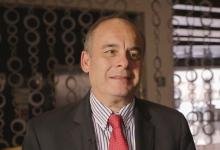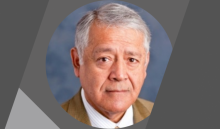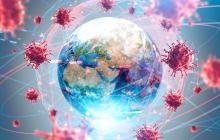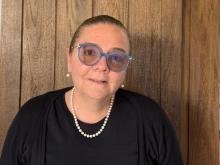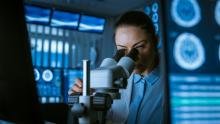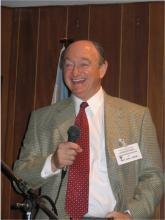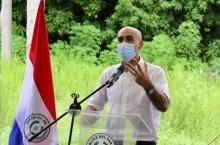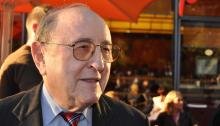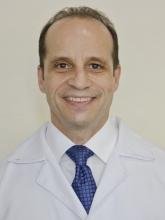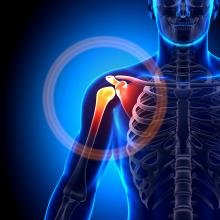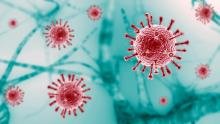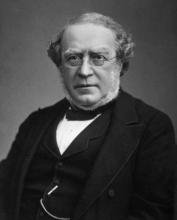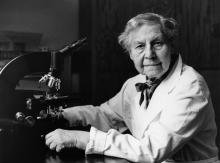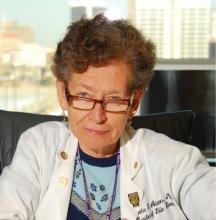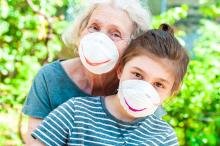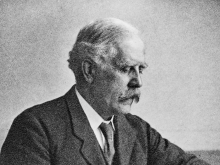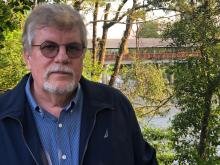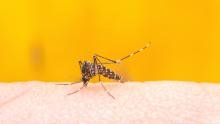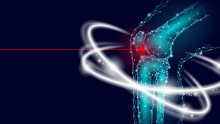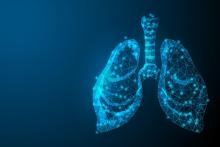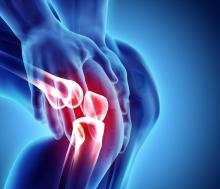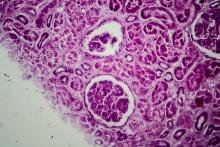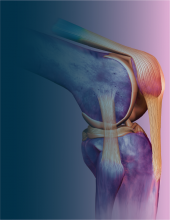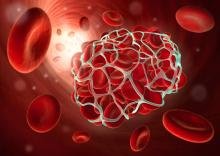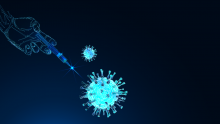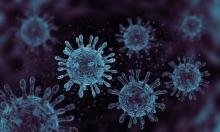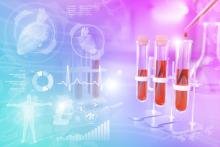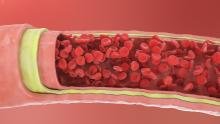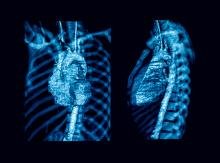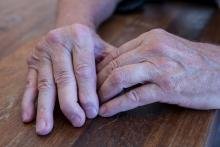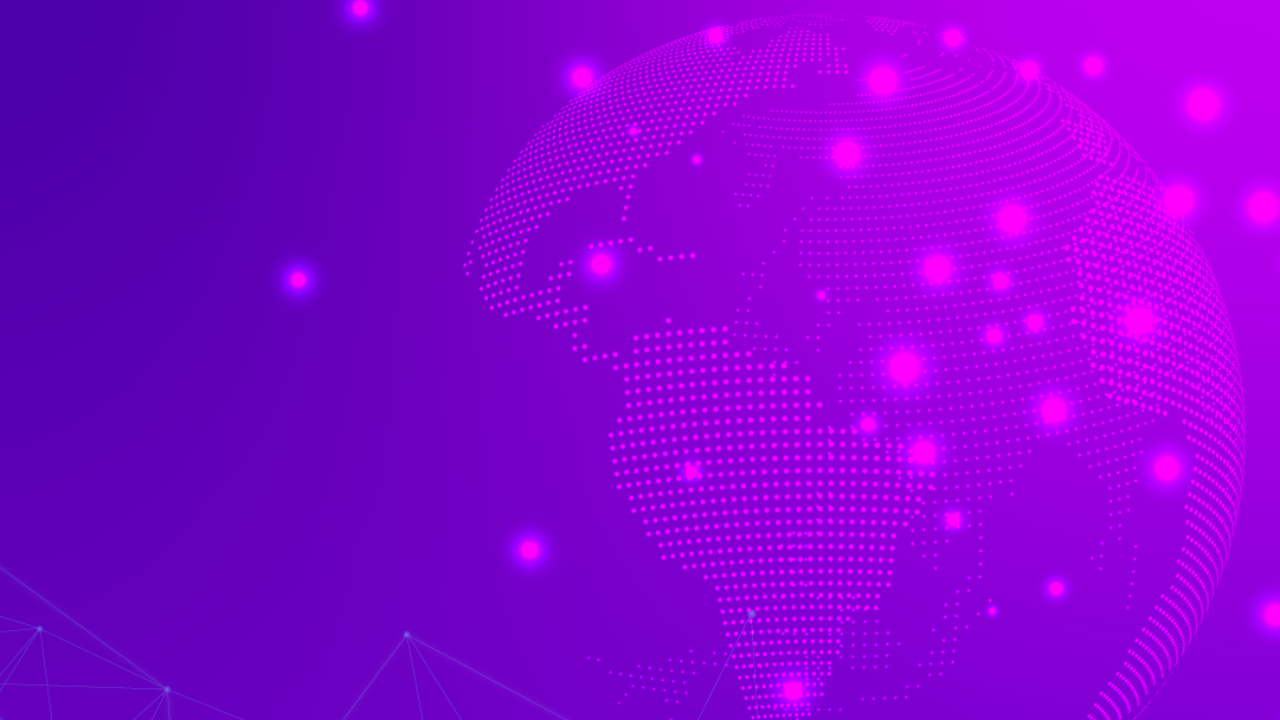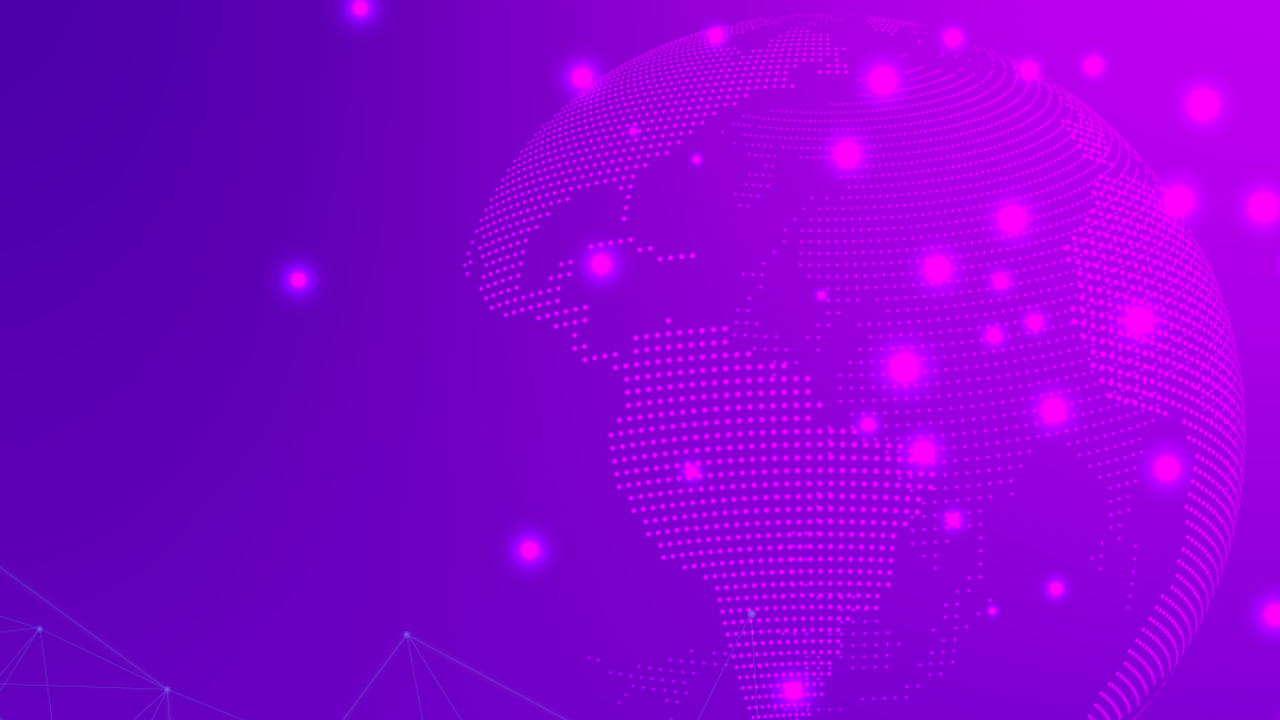I would like to begin with a special greeting to all those attending the 22nd Pan-American Congress of Rheumatology – PANLAR 2020, as well as to all the members of the Pan-American League of Associations for Rheumatology. For me it is a great privilege to be able to share with you some general reflections at this opening of the Congress. I emphasize in the word “general” because my vision is not that of a specialist or an expert, but of someone who comes from a different world, a foreign one, with all that this implies.
Once again, I am not a doctor. Much less a specialist. I am an economist who has dedicated a good part of his life to social research, to studying the problems of development, the traps of poverty, the paradoxes of social mobility and the efforts (always incomplete) to create societies that are a little fairer and more decent. I am here because of the invitation of Dr. Carlo Vinicio Caballero, with whom I am joined, shall we say, by a virtual friendship and the suspicion of having certain essential affinities, in a certain similar way of understanding the world.
My contact with medicine (or health in more general terms) has been diverse. I was a researcher, as I mentioned before, for some years in matters related to health. A sort of epidemiologist in disguise (I don’t know if being an epidemiologist is something one can quietly confess these days).
I was the Minister of Health for six years, for a long time, a great deal of foolishness, as my friends used to say. I was also a cancer patient while I was a minister. Life has its ironies, some of them are tragic.
I have lived a good part of my last years surrounded by doctors, an existential challenge for an economist. Not only do I respect and admire doctors, I love them, with an affection born out of gratitude and first-hand knowledge of their care, anguish, and dedication.
From my affection, based on my experiences as a researcher, patient and civil servant, I would like to share with you some loose ideas about medicine in these challenging times, in the times of pandemic, technological disruption, climate change and “supreme unrest”.
My first point is a call from skepticism, for doubts regarding new technologies and new drugs that usually promise more than what they truly deliver. It is also a call to accept the limits of medicine and the biological complexity that almost defines us.
I remember that as a patient, I used to spend unending afternoons reading medical news. I would get constant notifications from some medical news pages. The news was not always reassuring to a patient on the brink. It showed the great complexity of our biology. The different responses to treatments according to unknown aspects of the genome or the microbiome. They also showed the harmful effects of some medicines once considered safe, the adverse consequences of overtreatment and the changes of opinion about the efficacy of some procedure or medicine previously considered miraculous.
The writer Aldous Huxley said that the changing fashions of medicine are as grotesque as the changing shapes of women’s hats.
Despite all the technological advances, the exhaustive knowledge of its genetic code, the hundreds of thousands of articles published, the response to the coronavirus pandemic was not, in its first months, very different from that of 1918: generalized quarantines, physical distancing and chloroquine, the same elemental remedies that were used a hundred years ago.
The biological and ecological complexity, the intricate and mysterious way in which all living beings are connected, reveals not only the limits of scientific knowledge, but also the unreasonableness of human arrogance.
John Loannidis, the American researcher, who has brought to light the misconceptions of medical science more than anyone else, showed in one of his seminal articles that of 101 great discoveries announced by the main medical journals between 1979 and 1983, only 27 of them had been exhaustively evaluated three decades later, of which five were approved by the health agencies and only one showed any usefulness. In general terms, the same has happened, for example, with genomics: the final results have not justified the initial enthusiasm. Currently, medical science promises much more than what it can deliver.
One could make a kind of list or inventory that summarizes my call for necessary skepticism. I want to reduce it to seven points:
- The mortality rate of humanity is still 100%.
- Old age is not a disease
- The powers of medicine are limited
- Understanding morbidity at the end of life is an illusion
- Often less is more
- The latest technological fashion is often just that, a fleeting enthusiasm.
- Zero-cost technologies, such as conversation, are necessary.
Huxley himself said that, in the English language, holy, healthy and whole have the same root. A linguistic teaching, indirect if you like, that is worth remembering from time to time.
My second point is more optimistic, more constructive as we like to say. It has to do with the importance of public health. A few weeks ago, during the induction for first semester students at the Universidad de los Andes I asked several young people about the reasons that led them to choose their careers. One of them mentioned that he had had to solve a very difficult dilemma, a peculiar dilemma: to choose between medicine and law. In the end he had decided on law, because, he said, this way he could reach more people, not just one person at a time, but many simultaneously.
For that is precisely what public health allows, to multiply the scope, changing millions of lives simultaneously, in short, transforming society.
It is worth remembering that in the United States, the epicenter of medical technology, a country that spends four or five times more on health per inhabitant than a normal European country, life expectancy at birth has fallen for three consecutive years. The deaths of despair, as the economist and Nobel Prize winner Angus Deaton calls them. By the way, I recommend the latest book by Deaton and his wife Anne Case on the U.S healthcare system: “Deaths of Despair” in its disturbing title.
This paradoxical fact reveals, among other things, the growing ineffectiveness of technologies aimed merely at extending the lives of few, the general neglect of public health and the great social fractures, the gaps between those who went to college and were able to find their place in the world and those who were unable to educate themselves and were displaced from opportunities and any possible form of hope.
The example of the United States is sobering. It suggests that the most effective policies are not the individual ones, but collective ones. Medicine plays a leading role. So does technology. Without them I would not be a cancer survivor. But the neglect of the public health sector is deadly. Literally. The pandemic has shown this in a tragic way.
Coronavirus revealed, it is worth noting, many of the old and new inequalities in our countries: the digital divide, mistreatment of essential workers, and differences in health service delivery, to name a few.
I run a University and I am concerned about the large educational gaps. The economist Raj Chetty showed, for the case of the United States, that students from higher socioeconomic levels completed 90% or more of their math homework through virtual platforms; in contrast, students from lower levels completed 40% or less.
Many of these gaps are unrecoverable and will have irreversible consequences on work performance and life in general. Many educators, with some impatience, even speak of a lost generation.
In health the most notorious inequality is the difference in medical care between the center and the periphery. The analyses have not yet been made in depth, but the existing evidence (as we said, this is not the time for definitive conclusions) shows that the density or greater presence of high complexity medical services in a city or territory did not systematically affect the mortality rate. The Bergamo region in Italy and the cities of New York or Brussels have the best hospitals in the world, but they had, in percentage terms, many more deaths than cities or regions with worse hospital systems.
The coronavirus reproduced in an almost precise way (it is a revealing mirror, without a doubt) the differences in the avoidable mortality rates by socioeconomic groups. Mortality has been much higher in the poorest levels compared to the upper-middle sectors.
The English health expert Michael Marmot has documented this fact accurately. In the case of England, the probability of death by COVID-19 was more than twice as high for the poorest compared to the most privileged. In Bogota, the differences in hospitalization are more than five times.
This inequality is more related to social conditions and greater exposure to the virus than with access to hospital services. Life’s inequalities are tragically reflected in higher mortality rates. Death does not treat everyone equally because life is not the same for everyone.
In November 2019, when the pandemic was not on anyone’s agenda, when the world had other concerns, the English newspaper Financial Times boldly headlined: “it is now time to reset capitalism. It was a way of calling attention to the necessary changes, to the need for a fairer and more sustainable system. The coronavirus has made that need even clearer. Inequalities in health, education, wealth, and living conditions are unacceptable, a matter of life and death.
I would like to finish with a reiteration, with an invitation to raise awareness on three points: first, the limits of modern medicine (the need for a certain technological nihilism); second, the importance of public health (one of the great lessons of the pandemic) and third, the centrality of the socioeconomic inequalities, many exacerbated by the pandemic; inequalities that have had and will continue to have a notable impact on health.
Once in one of his last poems, Jorge Luis Borges asked for indulgence for trying to teach some to those who knew much more than he did. I end with the same call, asking for a little indulgence for this brief note, which is just my way of stating the obvious. One will eventually become a sort of preacher of the obvious.
I wish you good luck at the congress. Once again, I would like to share my appreciation for your daily work. A job that is happening, as Huxley suggested, in the human realm, that is, dignity, hope, and finitude.
Thank you all.
Lecture given at the opening ceremony of the 22nd Pan-American Congress of Rheumatology which was held virtually due to the COVID-19 Pandemic. September 17, 2020.



















